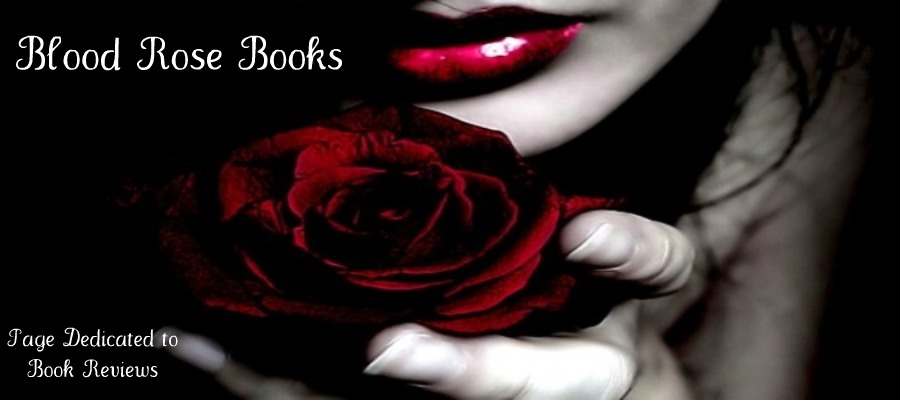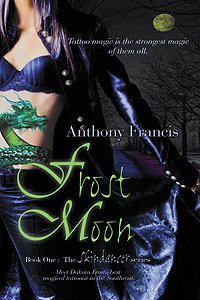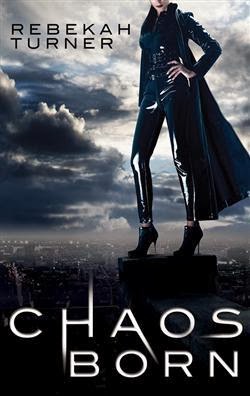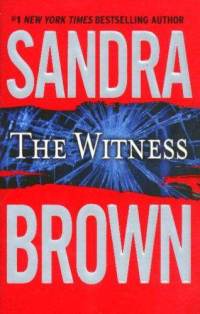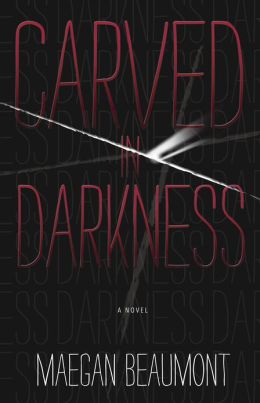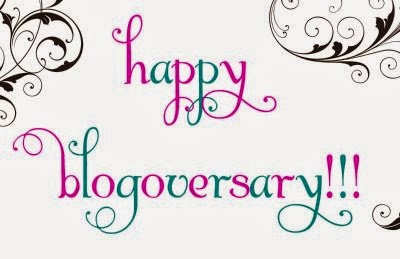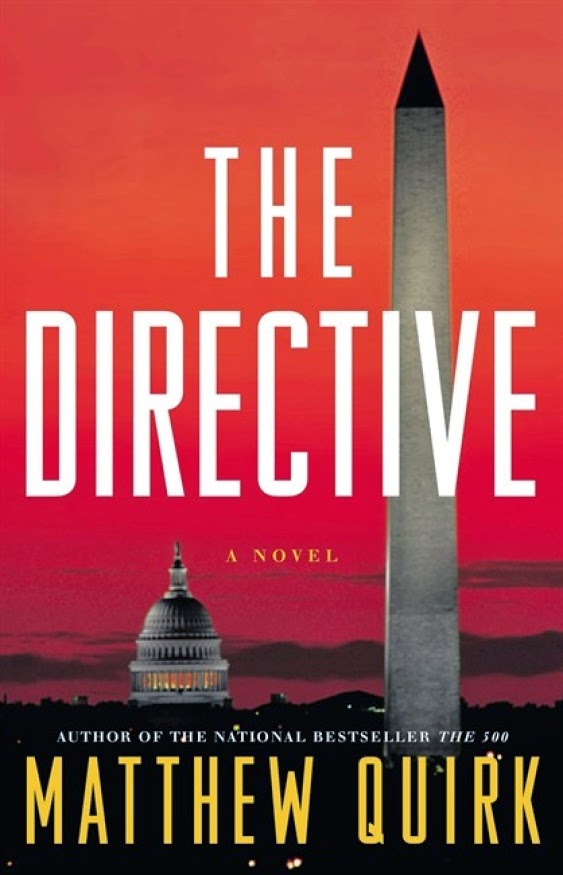
In a futuristic world where religion almost destroyed humanity, people now live in a very limited religious upbringing, where people pray to their country and not to some higher being. Justin March was a researcher for RUNA (Republic of United North America) and certain events have lead him to believe in the existence of Gods and the supernatural, so when he finds himself in exile he is not really surprised. He is about to get the biggest surprise of his life when RUNA comes calling for him to investigate mysterious murders that have been occurring throughout the country. They want him to prove that the supernatural is not involved, but the more that Justin uncovers the more convinced that not only is the supernatural involved, that they are gearing up for a major even that will knock everything that RUNA has tried to implement to its feet.
This book had everything going for it. It had an interesting premise and I thought the use of Gods and Goddesses and the "cults" that follow them was done in a unique way. I liked that Mead chose to create a whole new world where the belief was cater to there being no Gods, people were more about respecting and worshipping their country than anything else. As with any change there are always a few that choose to believe in something they are unable to see or quantify but their acts were closely monitored by RUNA and if the following got too big they were no longer allowed to practice. At times it seemed to have a parallel to what has happened in our past of people trying to force one way of thinking on others. As I stated above Mead has an interesting world and concept here.
The characters that Mead chose to feature also had interesting beginning that you wanted to know more about them. I personally was interested in the super soldier Mae and the powers she has been able to obtain as being part of RUNA military. She is so cool and calm under pressure it is downright scary. Justin is her complete opposite so at time their interactions were heated as neither can understand the motivation of the other. However overall other than an interesting beginning I felt that Mead stalled on giving more depth to her character. Maybe Mead did not want to reveal too much in the first book of the series, but I felt like I needed more from both of them. I did think it was interesting how Justin received his Ravens, and honestly the Raven's in his head were one of my favorite parts of the book as they were sarcastic and ever critical of his every move.
As I said before, this book had everything going for it and I should have been on the edge of my seat the whole time, not wanting to put this book down, however it was the complete opposite. This book slow, tedious and at times I was bored. It took me a lot longer to read than I thought it would. There was mystery, a bit action but all of this was extremely spread out and not well thought out where it was places. It seemed like Justin was forever just droning on about something and Mae just sitting there trying to keep her cards close to her chest. These were their endless conversations between them when they are supposed to be investigating murders but really not doing anything about that aspect or at least the reader is never aware of what they are doing as Mead never takes sufficient time to explain the investigation. Everything seems to hang on Leo figuring out how the surveillance cameras were manipulated, but Leo is never a major part of the story. There are also jumps in time where the reader does not know what has occurred in their investigation but all of sudden it is one week left before the next murder is to take place. Well what were they doing for the other three weeks before?
I am on the fence about this book. I found the world building and characters interesting for the most part but I think that Mead had a poor execution of the plot as a whole. There were too many gaps in time, not enough explanation or time spent on the investigation and a lack of entertaining things happening that would keep the reader engaged. I really think that Mead could have had something with the ideas that are expressed within this book, I just wonder if she can do better further in the series and I question whether I want to find out or not.
Cheers!!
Instead of This,
Check These Books Out:
